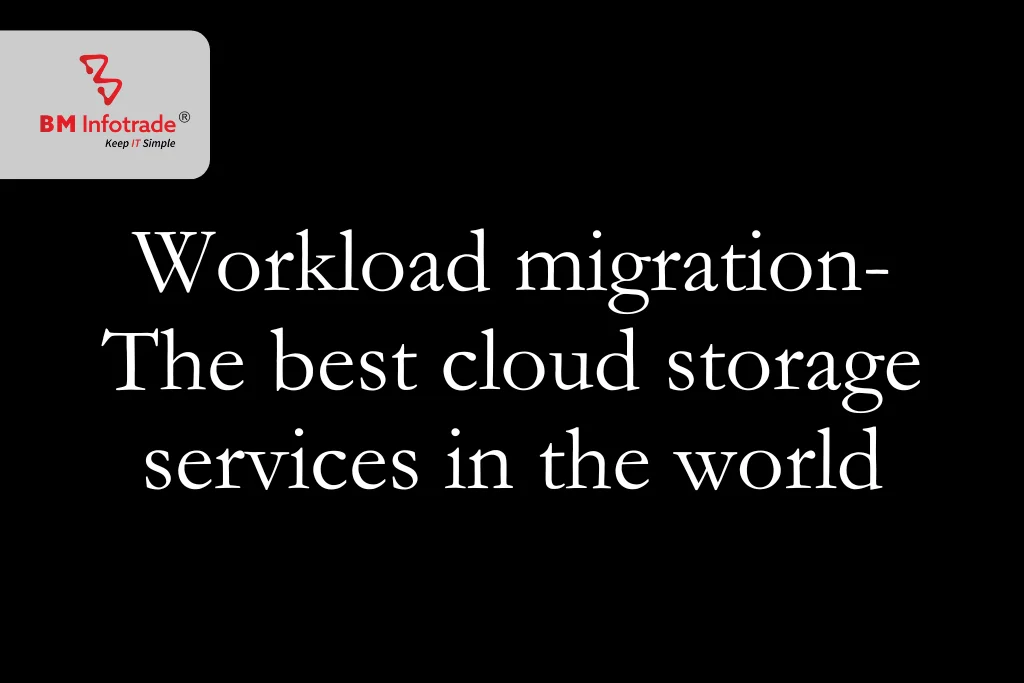How B2B platforms are leveraging IoT to improve Supply Chain Management
Let's dive into the details about how B2B platforms are using loT to optimize Supply Chain Management

How B2B platforms are leveraging IoT to improve Supply Chain Management
Table of Contents
Introduction
Supply chain management (SCM) is essential to ensuring productivity, cost reduction, and high customer satisfaction in today’s fast-moving, highly competitive business world. The Internet of Things (IoT) has enabled B2B companies to revolutionize supply chain processes. IoT is a network of devices that are interconnected and capable of collecting and exchanging data, providing real-time visibility insights, enhanced visibility, and streamlined operations. This article explores how B2B platforms utilize IoT to enhance supply chain management.

Real-Time Tracking and Monitoring
Real-time tracking and monitoring are among the most significant benefits that IoT offers for supply chain management. Businesses can track their goods while in transit using GPS trackers or RFID tags as an example of IoT devices. Such real-time visibility allows for:
1. Optimized Routes: Organizations may monitor shipments to identify the best routes leading to reduced delivery time and transportation costs.
2. Timely deliveries: Real-time tracking helps in identifying potential delays and bottlenecks so that proactive measures can be taken before they disrupt.
3. Improved Security: Through monitoring goods conditions such as temperatures, humidity, etc., IoT devices can ensure a proper transportation environment for perishable goods.
Improved Inventory Management
Better control over inventory is provided by IoT-enabled B2B platforms. In real time stock levels can be monitored by smart sensors or even RFID tags giving accurate up-to-date information about them. It leads to:
1. Avoidance of Stockouts and Overstocks: Optimal inventory levels can be maintained hence avoiding instances where products are out of stock leading to missed sales opportunities or holding excess stocks which will tie up capital unnecessarily.
2. Automatic Replenishment: With low stock levels on certain products, IoT devices can automatically trigger orders thus ensuring timely replenishment and reducing manual intervention.
3. Improved warehouse efficiency: Automated Storage Systems (IoT-Enabled Smart Shelves/Automated storage systems) used in warehouses reduce picking errors/increase efficiency levels in warehouses.
Read More: Winning Moves: Startup Strategies for Business Success
Predictive Maintenance
Massive amounts of data are collected by IoT devices on machinery and equipment used in the supply chain. This data can be analyzed to predict maintenance needs and prevent breakdowns. The advantages of predictive maintenance include:
1. Less Downtime: Businesses can schedule maintenance during non-peak hours by recognizing likely issues before they cause device breaks resulting in reduced downtime consequently operations are continuous.
2. Extended Equipment Lifespan: Machine life is elongated through regular maintenance based on IoT Data thereby reducing frequent replacements and CAPEX.
3. Cost Savings: Unexpected repair costs are reduced while overall operational efficiency improves with predictive maintenance.
Enhanced Supplier Collaboration
IoT-supporting B2B platforms promote better agreements between manufacturers and suppliers. The supply chain is transparent and trust-oriented since it shares real-time data, which facilitates communication. Some of the key advantages include:
1. Improved Demand Forecasting: By providing precise insights into patterns of consumption, IoT technology helps manufacturers and suppliers to align production schedules with demand thus doing away with overstocking or understocking;
2. Simplified Order Fulfillment Process: Having a view of what is in stock and knowing where the orders are at all times, makes it easier for suppliers to respond quickly when filling orders cutting down on lead times and resulting in improved customer satisfaction
3. Enhanced Quality Control: Using IoT sensors, quality assurance on raw materials as well as finished goods can be done to ensure adherence to set guidelines and minimize supplier-related risks of defects.
Increased Sustainability
The Internet of Things (IoT) allows corporations to make their supply chain operations sustainable. This will enable companies to reduce their carbon footprints through process simplification and minimizing wastage. IoT fosters sustainability in the following ways:
1. Energy Efficiency: Industrial plants and warehouses can monitor energy consumption rates through devices connected with IoT which can potentially identify areas that consume more power.
2. Reduced Carbon Footprint: Routes optimization and idling periods minimization when transporting mean lesser fuel consumption with a resultant reduction of emissions of greenhouse gases.
3. Waste Management: Companies may use sensors provided by the Internet of Things (IoT) to track trash generation and disposal, thus initiating recycling programs as well as reducing garbage in general.
Enhanced Customer Experience
IoT technology has greatly changed the B2B platform landscape, which has caused a rise in customer experience. Besides, Real-time tracking and automated processes are used by the company to ensure that orders reach their destinations and are filled out correctly.
1. Transparency: This will at least let them know when the goods will be delivered as long as they follow up via constant order tracking.
2. Personalization: With such information, companies can now provide specific products and services to their customers according to their tastes.
3. Reduced response time: Automation systems and real-time information help businesses to react faster to customer inquiries or concerns leading to higher levels of satisfaction in general.
Data-Driven Decision Making
There is an enormous amount of data produced by the Internet of Things (IoT), that can be analyzed to provide useful insights into supply chain operations. Consequently, B2B platforms may rely on this information to make informed decisions aimed at continually improving their value-creation networks. These include several significant areas:
1. Performance Metrics: Hence, an IoT dataset should have comprehensive performance metrics, which will help the business evaluate its efficiency while indicating its supply chains’ weakest points.
2. Risk Management: Thus, IoT collected data would enable companies to identify any possible threats and take necessary actions in response, hence becoming a make or break for the supply chain firm.
3. Innovation: Moreover, such information encourages new ideas leading to innovation processes that foster the development of new products and services geared towards dynamic customer wants.
Blockchain Integration

The combination of IoT with blockchain technology gives an added level of security and transparency to supply chain management. This is where a decentralized and immutable ledger prevents data tampering ensuring data integrity thus decreasing the chances of fraud. Several advantages come from merging blockchain and IoT:
1. Secure Data Sharing: For everyone involved in the supply chain, IoT devices can be used to securely share information to ensure all parties get access to accurate and untampered details.
2. Enhanced Traceability: For example, if blockchain is applied accountability and trust can be improved which would lead to end-to-end traceability of products from their raw materials stage up until the final consumers.
3. Streamlined Compliance: All transactions in business networks facilitated by this technology are recorded on a transparent digital ledger that meets all regulatory requirements hence compliance with these laws.
Conclusion
The use of the Internet of Things (IoT) when it comes to handling supply chains has brought about numerous transformations in how B2B platforms work, such as real-time tracking, improved inventory control systems; predictive maintenance; supplier collaboration; increased sustainability; enhanced customer experience; data-driven decision-making among others and integration of blockchain. Thus, by utilizing IoT to streamline their supply chains, minimize costs, and improve overall performance, businesses can achieve higher efficiency than ever before which gives them a competitive advantage over other firms.
As the demand for more refined technologies continues to rise, it can be concluded that the B2B sector will never rest until all its automation has been realized through this technology. Therefore, any company that would like to survive during this era cannot continue ignoring it because they should rather embrace its implementation into their operational processes.







Anshul Goyal
Group BDM at B M Infotrade | 11+ years Experience | Business Consultancy | Providing solutions in Cyber Security, Data Analytics, Cloud Computing, Digitization, Data and AI | IT Sales Leader